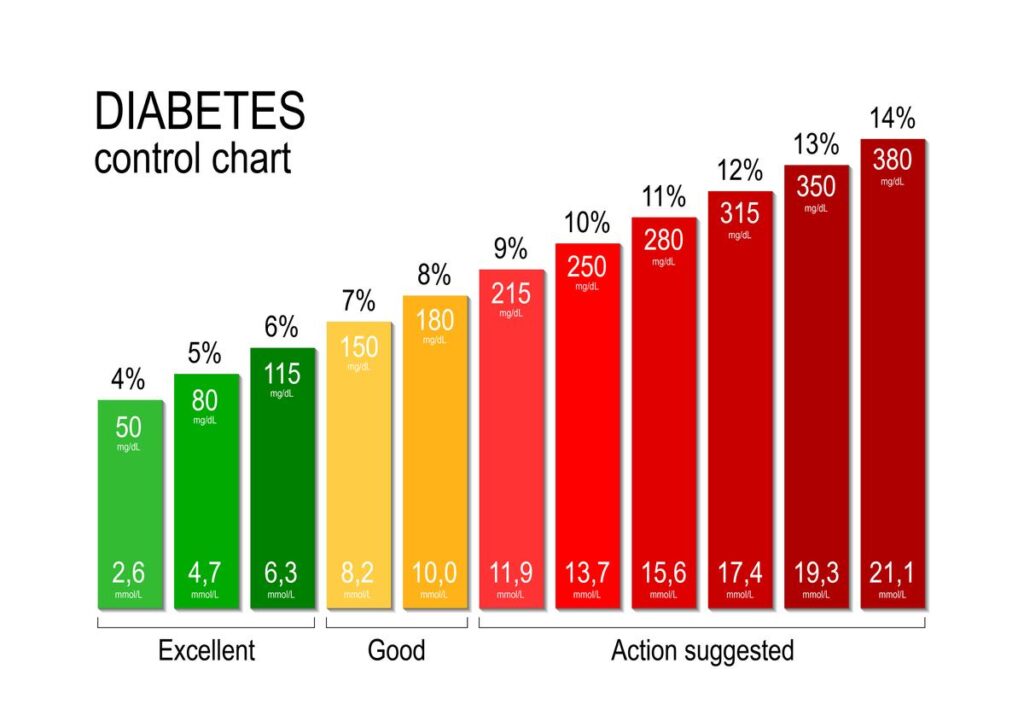Signs of Diabetes and Tests to Confirm Diagnosis
Diabetes has alarmingly become one of the most common health issues around the world. In this blogpost let us look at the common signs of the ailment and how it can be confirmed. There are two types of diabetes:
- Type I diabetes: It is an autoimmune disease that typically develops in childhood or adolescence. In this, the immune system mistakenly attacks and destroys the insulin-producing cells in the pancreas. Individuals with type 1 diabetes need to take insulin injections or use an insulin pump to manage their blood sugar levels.
- Type II diabetes: This is more common and usually develops in adulthood, although it can occur at any age. In type 2 diabetes, the body either doesn’t produce enough insulin or becomes resistant to the insulin it produces. It is often associated with lifestyle factors such as obesity, physical inactivity, and poor diet. It can often be managed with lifestyle changes (e.g. healthy diet, exercise) and/or medication, although some people may also need insulin therapy.
Symptoms of Diabetes
- Frequent urination: High blood sugar levels can cause the kidneys to work harder, leading to frequent urination.
- Increased thirst: As a result of frequent urination, people with diabetes may experience an increase in thirst.
- Fatigue: High blood sugar levels can cause fatigue and weakness.
- Blurred vision: High blood sugar levels can cause swelling in the lens of the eye, leading to blurred vision.
- Slow healing of wounds: Individuals with diabetes may experience slow healing of wounds due to impaired blood flow.
- Tingling or numbness in hands or feet: High blood sugar levels can damage nerves, leading to tingling or numbness in the hands or feet.
If you suspect you may have diabetes, you should see a doctor who can perform several tests to confirm the diagnosis. The tests commonly used to diagnose diabetes include:
- Fasting Plasma Glucose Test (FPG): This blood test measures your blood sugar level after fasting for at least 8 hours. A reading of 126 mg/dL or higher on two separate occasions is indicative of diabetes.
- Oral Glucose Tolerance Test (OGTT): This test measures your blood sugar level after fasting for at least 8 hours, and then 2 hours after drinking a glucose-containing beverage. A reading of 200 mg/dL or higher 2 hours after drinking the glucose beverage is indicative of diabetes.
- Hemoglobin A1c (HbA1c) Test: This test measures your average blood sugar level over the past 2-3 months. A reading of 6.5% or higher is indicative of diabetes.
If you are experiencing any of these symptoms or are at high risk for developing the condition, it’s important to talk to your doctor about getting tested. Early detection and treatment of diabetes can help prevent complications and improve outcomes. If you think you may have any of the above mentioned symptoms you can contact us today to get a diagnostic blood test at your doorstep.

